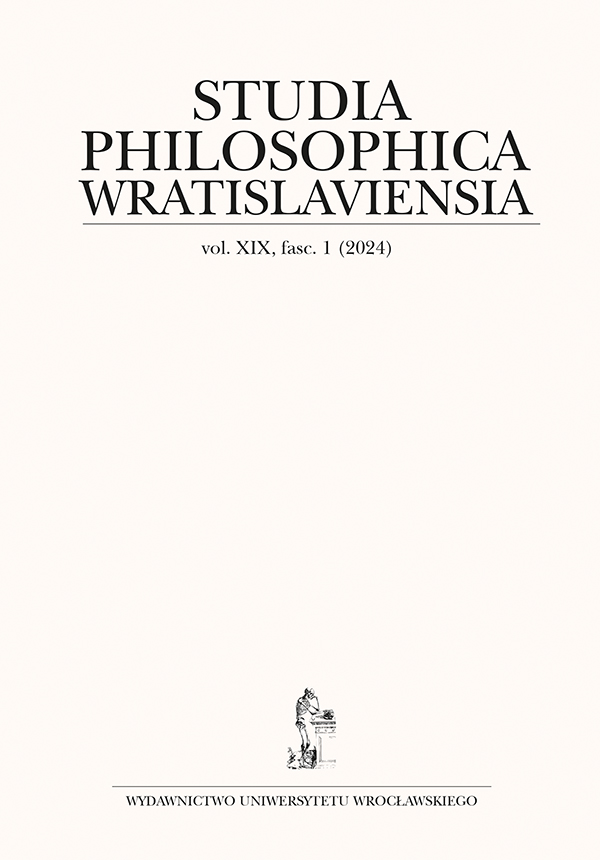

Articles

In terms of Arabic philology, the concept of reason performs the function of bonding and is a key to terms such as wisdom, goodness, duty, and autonomy. By using the reason in its proper place, morality that regulates the self (nafs) emerges. The reason, which is seen as the source of spiritual values, has given human beings the quality of being the subject of trust (amana). In Islamic Wisdom, human beings are distinguished from animals by the characteristics of carrying the Trust and having morality. Morality is not a factual but a spiritual value produced by the self. Thus, having reason also requires being moral. Reason, which is related to both matter and meaning, must move in parallel like a clock with morality, which is related to ideas and deeds. The unity of reason and morality is like the two boat oars that must be pulled in order to navigate the boat at the sea. The disruption of this balance leads to the disruption of the order. Islamic wisdom emphasizes that when this dual plane is well established, order and dynamism arise, and when it is disrupted, chaos and stagnation occur. In this paper, the unity of reason and morality relationship in Islamic wisdom is discussed.
Abdurrahman T., Amel Sorunsalı Bilim ve Düşüncenin Pratik Temelleri Üzerine Bir Araştırma, İstanbul 2021.
Abdurrahman T., Dinî Amel ve Aklın Yenilenmesi, İstanbul 2020.
Draz A., The moral world of the Our’an, tłum. D. Robinson, R. Masterton, London-New York 2008.
Duralı T., Aklın Anatomisi: Salt Aklın Eleştirisinin Teşrihi, Istanbul 2013.
Duralı T., Sorun Nedir?, Istanbul 2011.
Köksal C.A., Akıl, Ahlak ve Aydınlanma, „Perspektif”, https://www.perspektif.online/akil-ahlak-ve-aydinlanma/ (dostęp: 17.06.2024).
Isfahani R., İnsan; İki Hayat İki Saadet, tłum. M.F. İslamoğlu, Istanbul 1996.
Sardar Z., How Do You Know, London 2006.
Türker S., İslam ve Tarihsel İslam Üzerine Felsefi Analizler, der. Alev Alatlı, Bize Yön Veren Metinler I, Nevşehir 2014.
Yavuz Y.Ş., Akıl, [w:] Turkiye Diyanet Vakfı Islam Ansiklopedisi, t. 2, Istanbul 1989, s. 242–246.